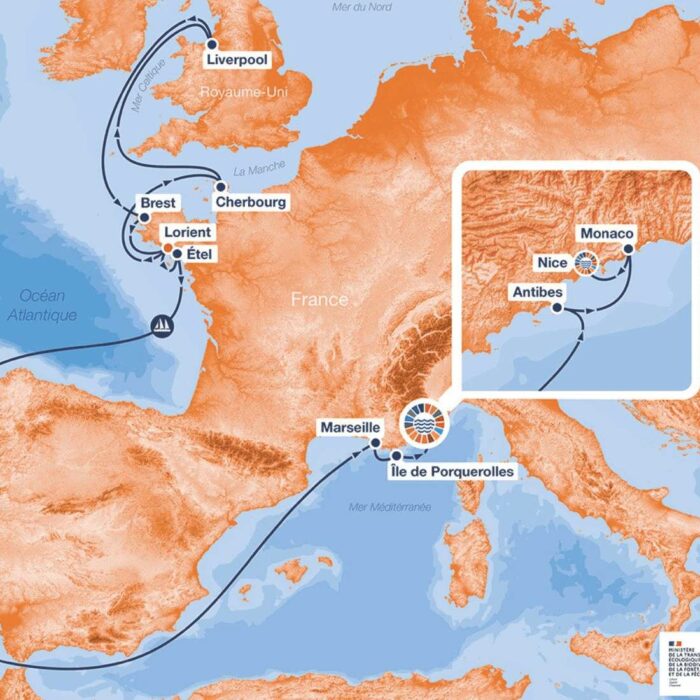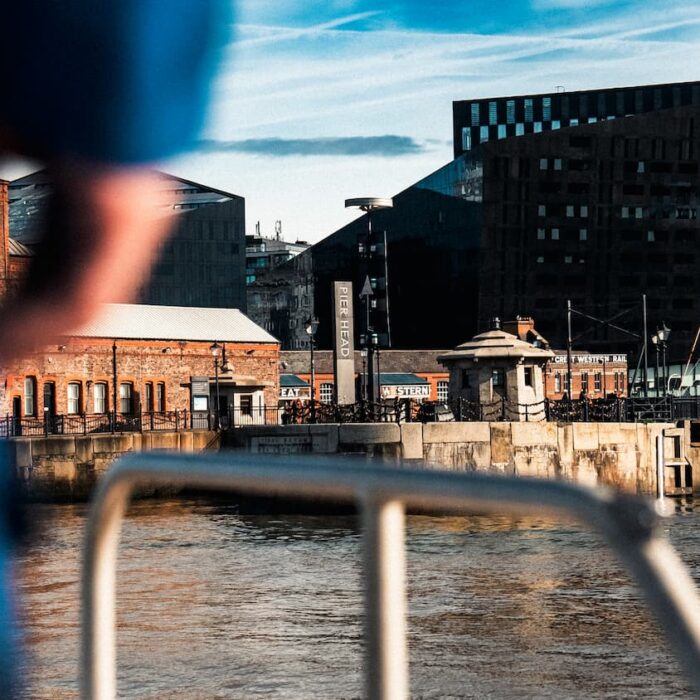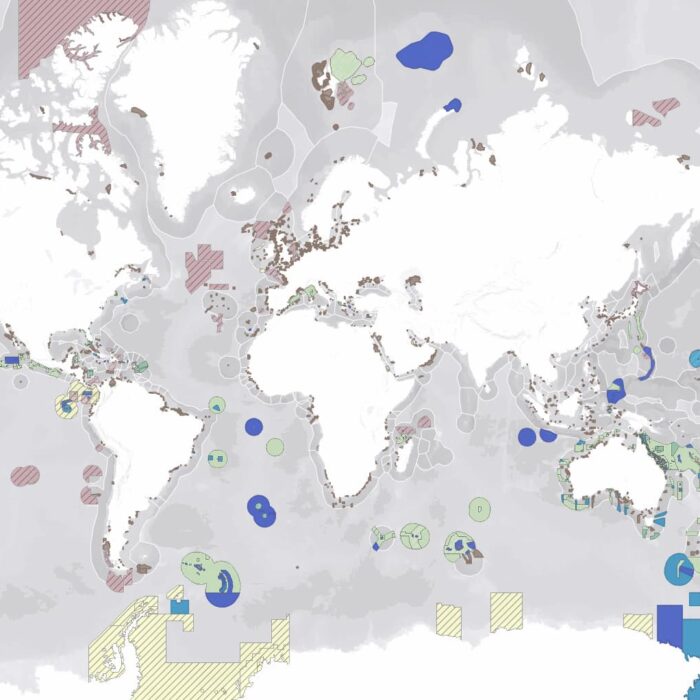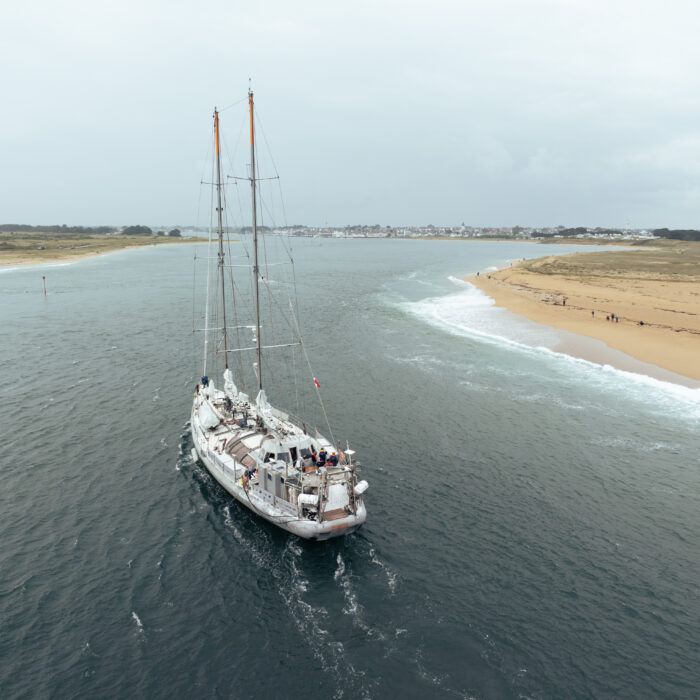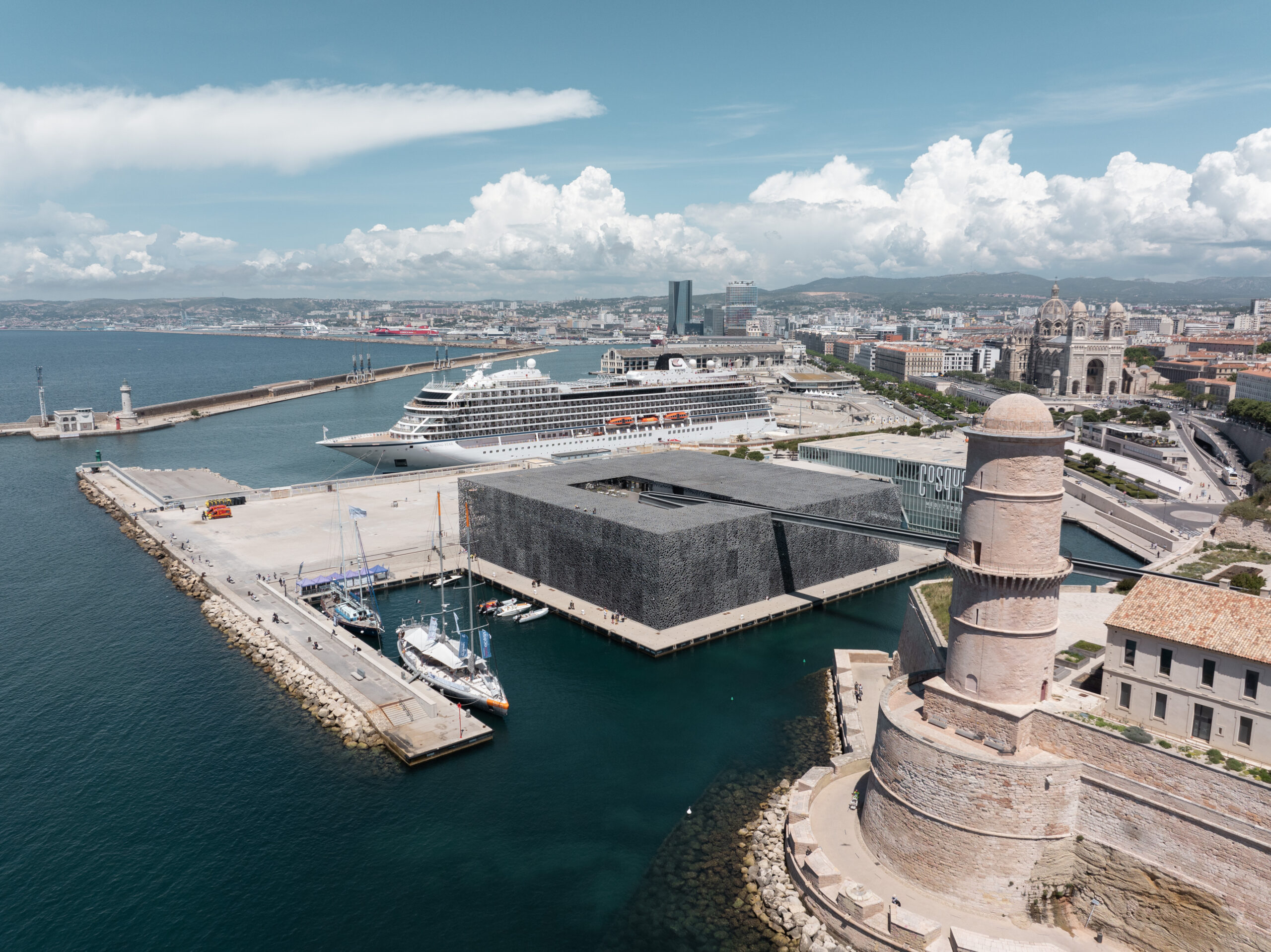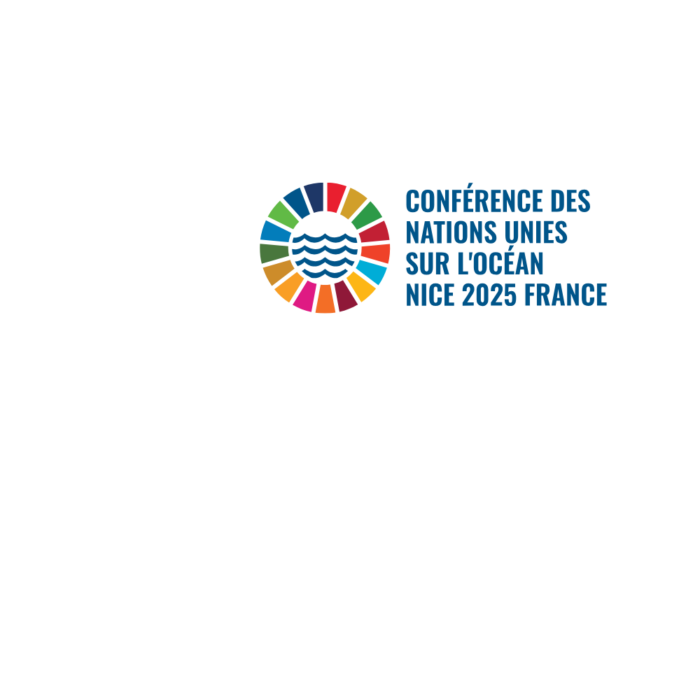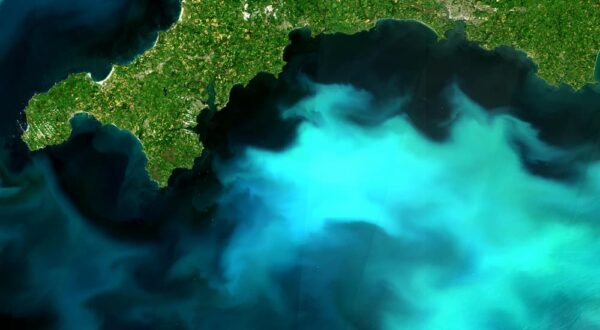Mission UNOC 2025
Heading for the 3rd United Nations Ocean Conference (UNOC).
An expedition to mobilise politicians and citizens.
What is UNOC
The 3rd United Nations Ocean Conference, known as UNOC3, is a major global event taking place in Nice from 28 May to 13 June 2025. The conference is jointly organised by France and Costa Rica.
The UNOC is an international gathering that brings together countries from around the world to agree on better protection for the Ocean and its resources. The first UNOC was held in New York in 2017, followed by Lisbon in 2022. Its main aim is to discuss Sustainable Development Goal 14 (SDG 14), which aims to preserve marine life and ensure a sustainable future for our oceans.
The main theme of this 3rd edition of the UNOC is: Accelerating action and mobilising all stakeholders to conserve and sustainably use the ocean.
In the run-up to the 3rd United Nations Ocean Conference (UNOC), the schooner Tara is heading for Nice for a number of public awareness-raising and commitment-building stopovers. These stopovers will facilitate dialogue between civil society, scientists and political and economic leaders on the major issues of protection and governance of the Ocean in order to promote ambitious and shared positions in preparation for the UN summit.
The UNOC Mission takes place in two stages:
A route from Lorient to Nice with several stopovers
where key issues will be discussed,
Participation in the 3rd United Nations Conference on the Ocean
to be held in Nice in June 2025.
Together,
Let’s defend Life.
Let’s protect the Ocean.
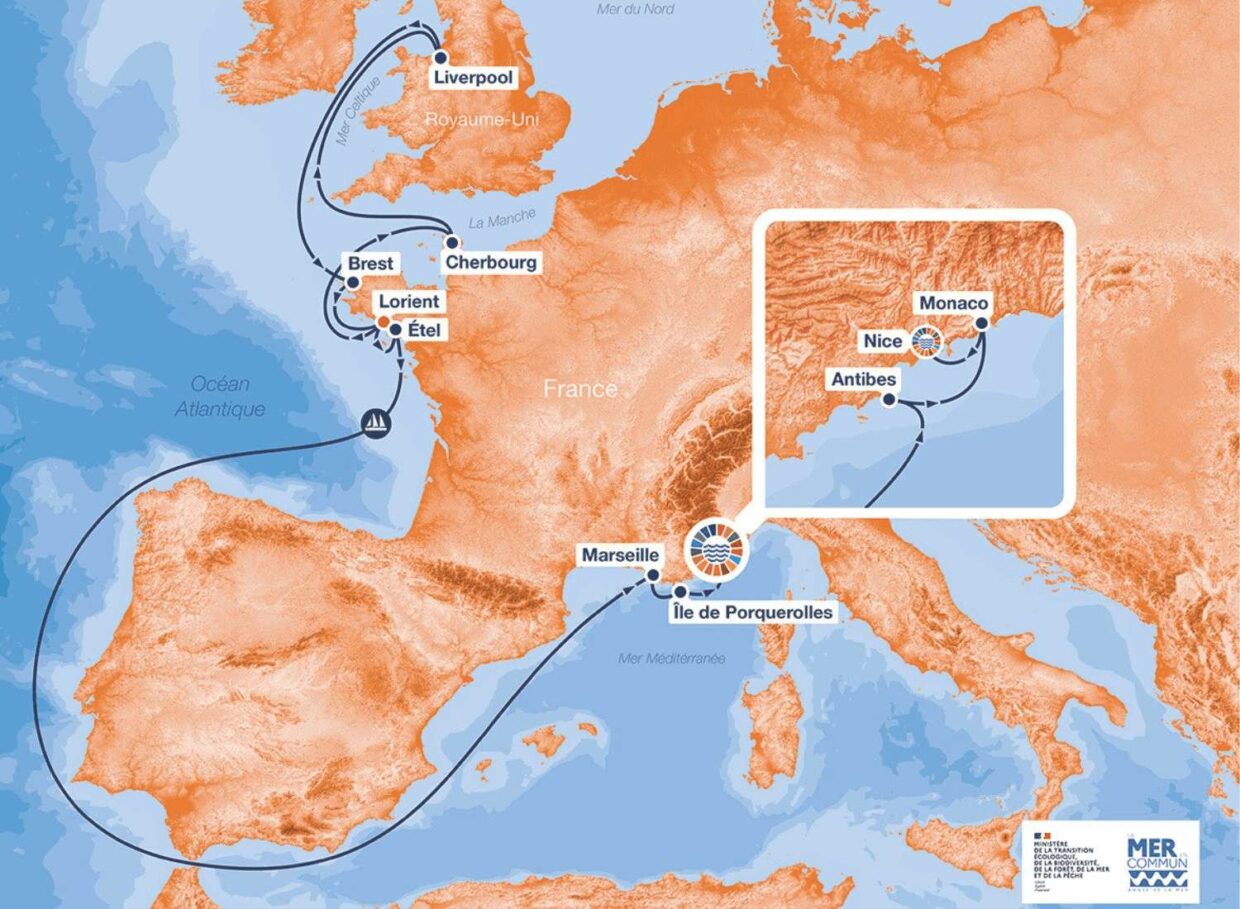
Our ambitions for UNOC
For over 20 years, the Tara Ocean Foundation has been exploring the ocean to better understand its essential role and inform political decisions.
Protecting the Ocean is no longer an option: strong action is needed to preserve biodiversity, combat pollution, act against climate change and regulate the exploitation of resources.
UNOC 2025 is a key moment for bringing together governments, scientists, NGOs and economic players to find concrete solutions. Tara will be there to defend these ambitious commitments and get things moving!
A paradigm shift is needed to truly protect the Ocean: protecting the Ocean must be the norm rather than the exception.
This is the Ocean Protection Principle.
This vision is supported by Let’s Be Nice to the Ocean, a movement launched by the Varda Group in cooperation with the Ocean and Climate Platform, the Tara Ocean Foundation, TBA21-Academy, Dona Bertarelli Philanthropy, the Prince Albert II of Monaco Foundation, and MedPAN. Numerous NGOs have joined the movement
The Ocean Protection Principle is the central message that the Tara Ocean Foundation will take to the UNOC. The aim? To have this principle included in the “Nice Ocean Action Plan” and to launch a Task Force supported by a coalition of States.
The Tara Ocean Foundation will also work to advance ongoing processes for better governance and protection of the Ocean, such as :
– ratification of the International Treaty on the Protection of the High Seas and Marine Biodiversity (BBNJ),
– a moratorium on seabed mining,
– Marine Protected Areas that guarantee real protection,
– take into account the systemic dimension of plastic pollution and drastically reducing production.
Tara Ocean Foundation’s programme in Nice
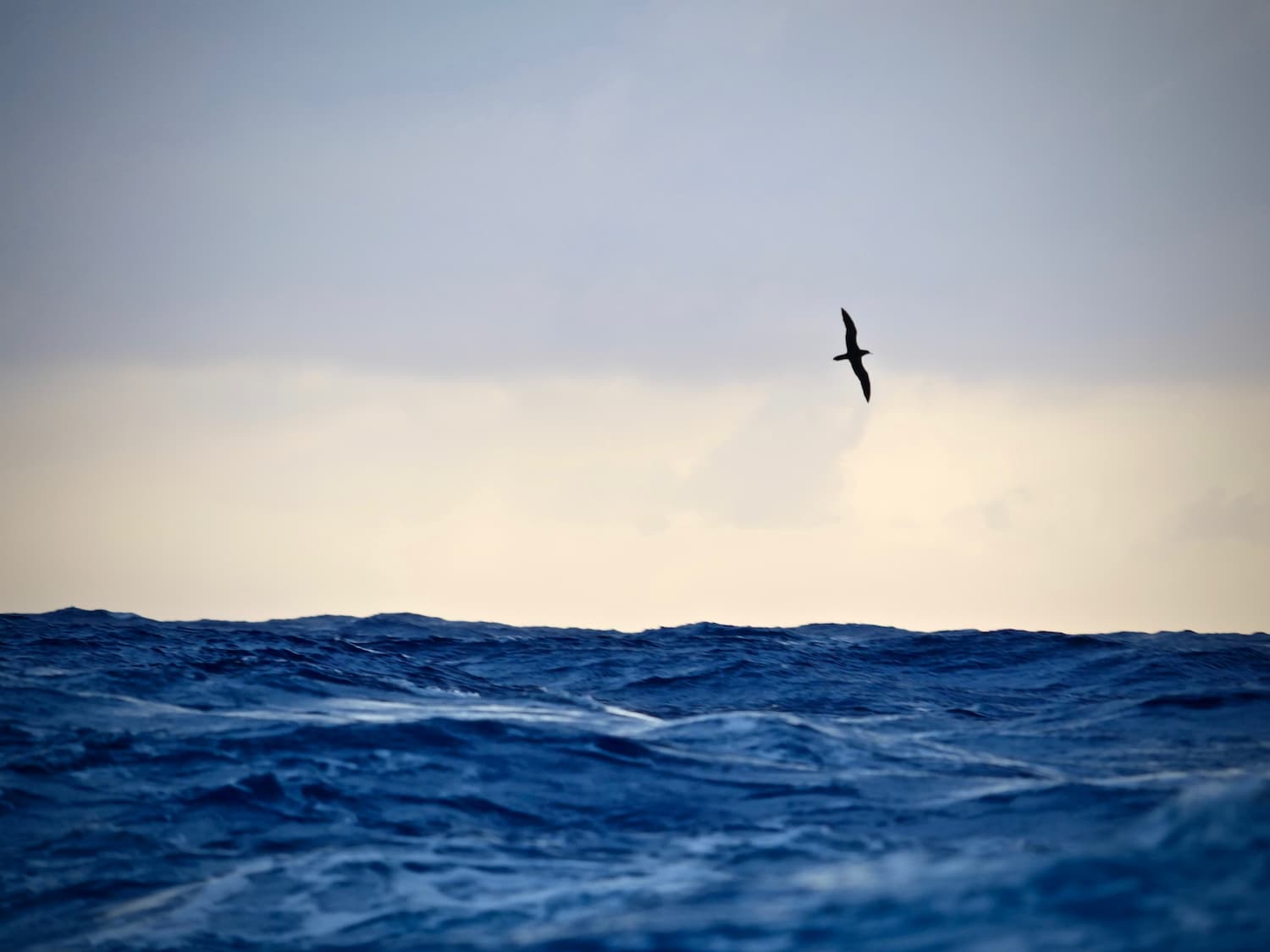
The Treaty for the Protection of Biodiversity in the High Seas
After fifteen years of negotiations, the UN adopts the Treaty.

